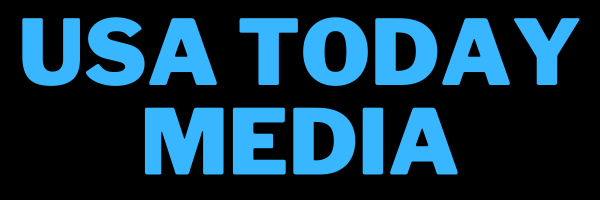Unrest and Accountability: First Jail Sentences Handed Down for Social Media Posts
In a groundbreaking legal development, the first jail sentences have been handed down to individuals for their social media posts made during a period of civil unrest. This decision marks a significant moment in the intersection of free speech, social media, and the law, highlighting the growing responsibility and consequences associated with online behavior. As governments and courts around the world grapple with the challenges posed by digital communication, this case sets a precedent for how social media can be policed and the potential legal repercussions of inciting or participating in unrest online.
The Context of the Unrest
The unrest that led to these jail terms was marked by widespread protests, demonstrations, and, in some cases, violent clashes. Social media played a crucial role in the organization and spread of these events, with platforms like Twitter, Facebook, and Instagram being used to mobilize participants, share real-time updates, and, in some instances, encourage illegal activities.
Authorities have increasingly viewed the role of social media in such situations as a double-edged sword. While it can serve as a powerful tool for communication and organization, it can also be a platform for the spread of misinformation, hate speech, and calls for violence. The recent jail terms reflect a broader trend of governments seeking to hold individuals accountable for the content they post online, particularly when it is deemed to contribute to public disorder.
The Legal Proceedings
The individuals who received jail sentences were found guilty of using social media to incite violence, spread misinformation, or otherwise contribute to the unrest. The charges brought against them varied, but they generally revolved around the misuse of digital platforms to engage in activities that endangered public safety or disrupted public order.
The court's decision to impose jail terms underscores the seriousness with which authorities are now treating social media conduct during times of crisis. These cases were likely seen as important tests of how far the law can go in regulating online speech without infringing on individual rights. The rulings may serve as a deterrent to others who might consider using social media for similar purposes in the future.
The Broader Implications
This legal development raises important questions about the balance between free speech and public safety in the digital age. While the right to free expression is a fundamental principle in many countries, it is not absolute. The courts have consistently ruled that speech that incites violence or poses a clear and present danger can be restricted.
The recent jail sentences for social media posts are indicative of a shift towards greater accountability for online actions. This shift could lead to increased scrutiny of social media platforms and the content shared on them, particularly during periods of unrest. It may also prompt users to be more mindful of the potential consequences of their online behavior.
However, this development also raises concerns about the potential for overreach. Critics argue that such legal actions could have a chilling effect on free speech, particularly if the definition of what constitutes incitement or harmful content is too broad or vague. Ensuring that legal6 measures are applied fairly and consistently will be crucial in maintaining the balance between protecting public order and upholding individual rights.
The Role of Social Media Platforms
Social media platforms themselves have a significant role to play in this new era of accountability. In recent years, platforms have faced increasing pressure to moderate content and prevent the spread of harmful or illegal activities. Many have implemented stricter policies, algorithms, and content moderation practices to address these issues.
The recent jail terms underscore the importance of these efforts, but they also highlight the challenges platforms face in enforcing their policies effectively. With billions of users worldwide, ensuring that harmful content is identified and removed quickly is a monumental task. Moreover, platforms must navigate the complex legal landscapes of different countries, each with its own approach to regulating online content.
Conclusion
The first jail terms handed down for social media posts during unrest represent a pivotal moment in the relationship between digital communication and the law. As societies continue to grapple with the implications of online behavior, this case serves as a reminder of the powerful impact social media can have—and the serious consequences that can arise from its misuse.
Moving forward, it will be essential to strike a balance that protects both public safety and the right to free expression. This will require careful consideration by lawmakers, courts, social media platforms, and users alike. The ongoing dialogue around these issues will shape the future of digital communication and the legal frameworks that govern it.
This blog explores the implications of the recent jail terms handed down for social media posts during unrest, emphasizing the balance between free speech and public safety. If you need additional details or a different perspective, feel free to ask!






0 Comments